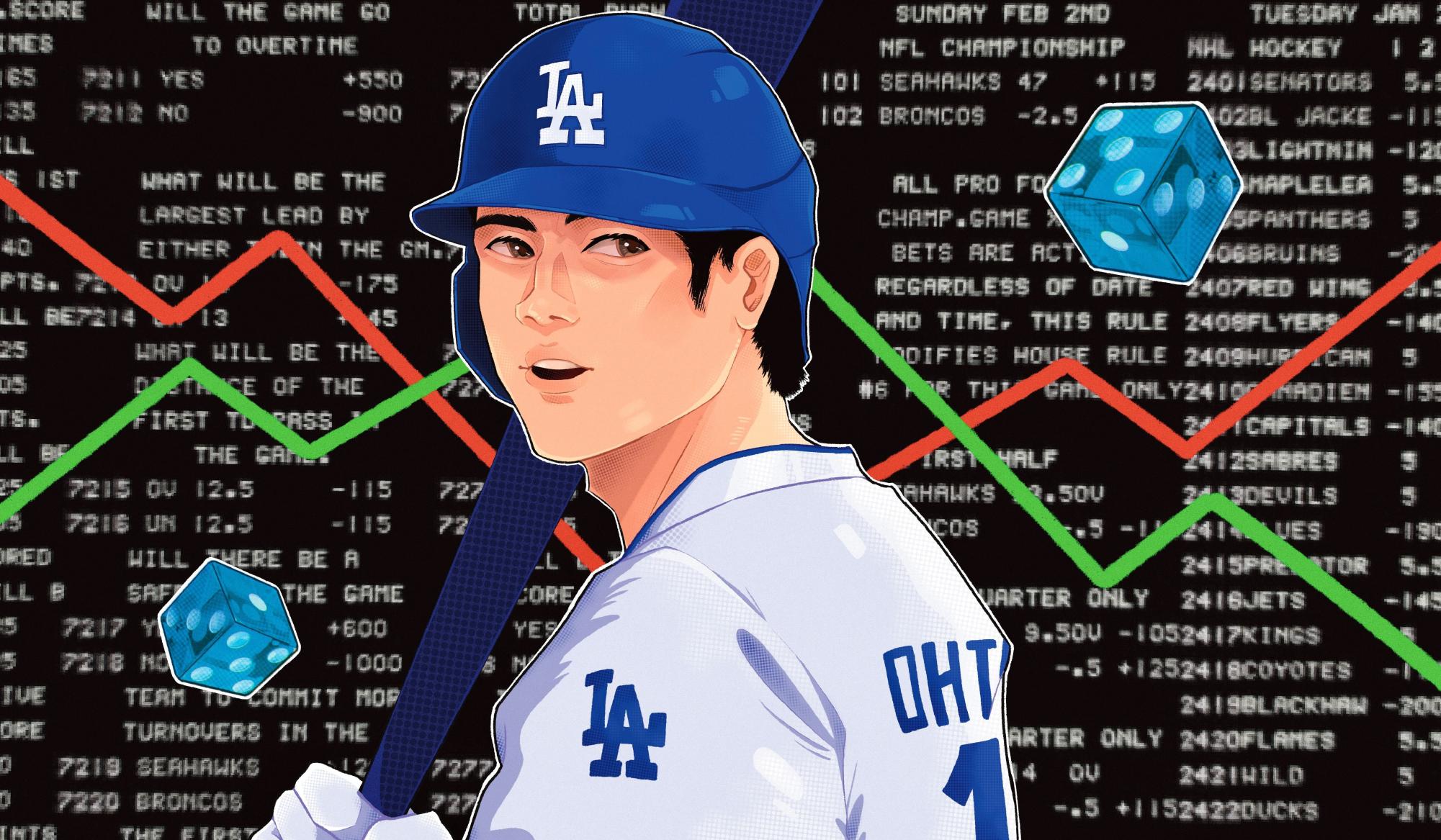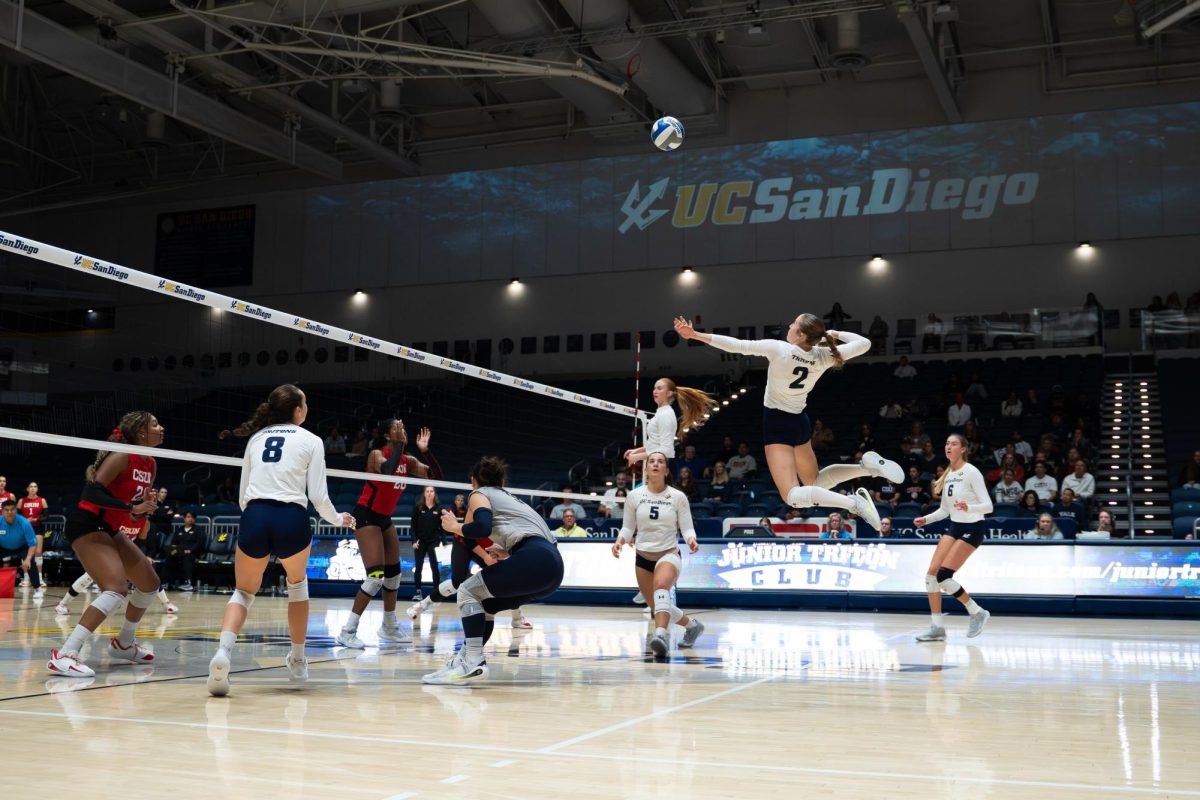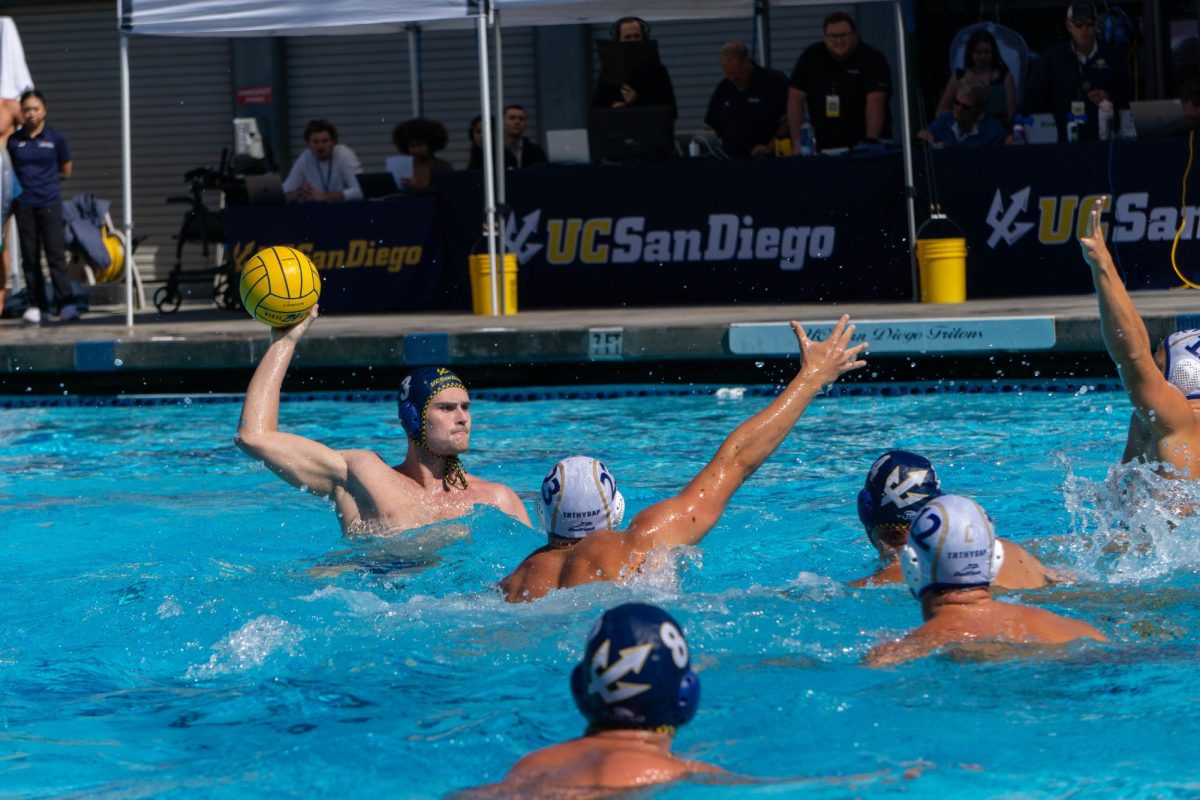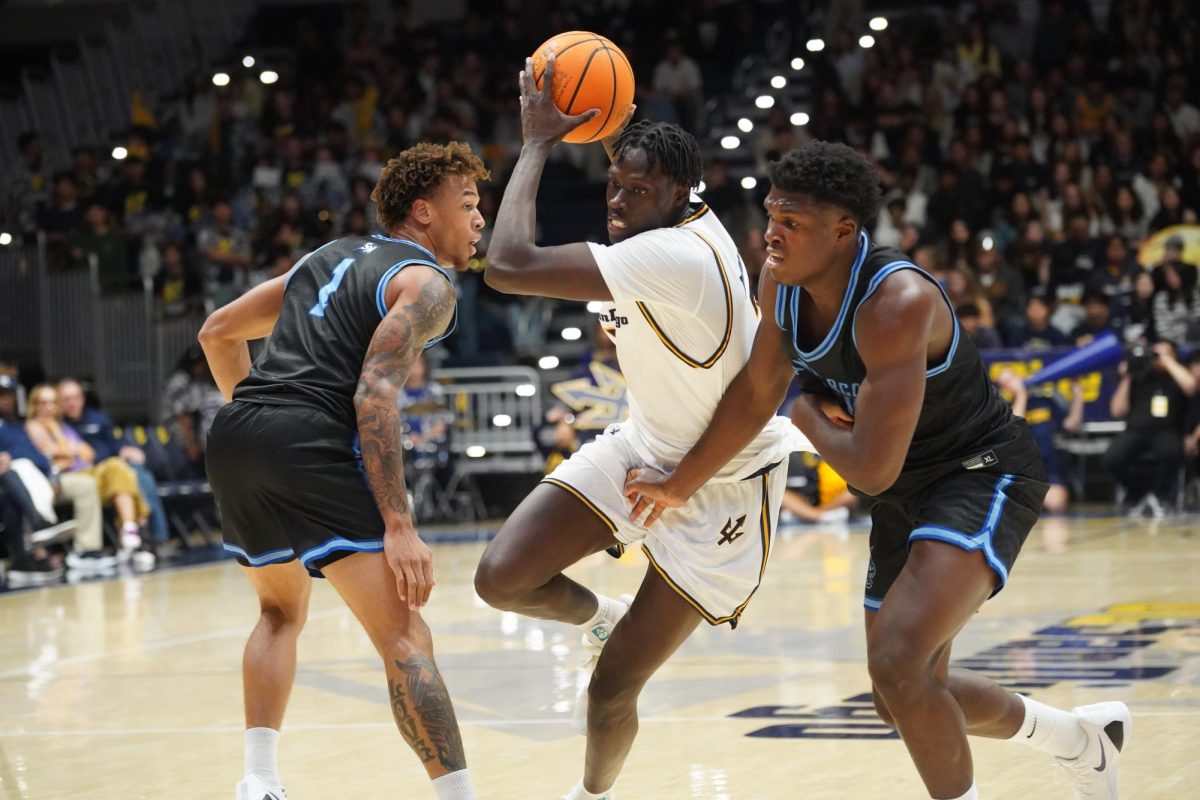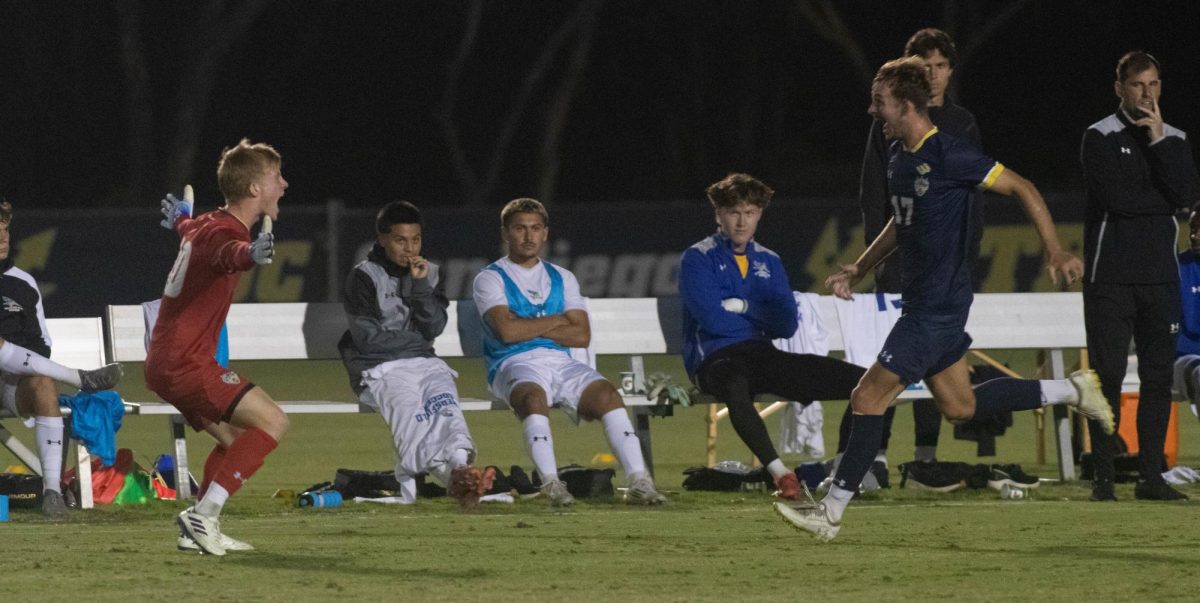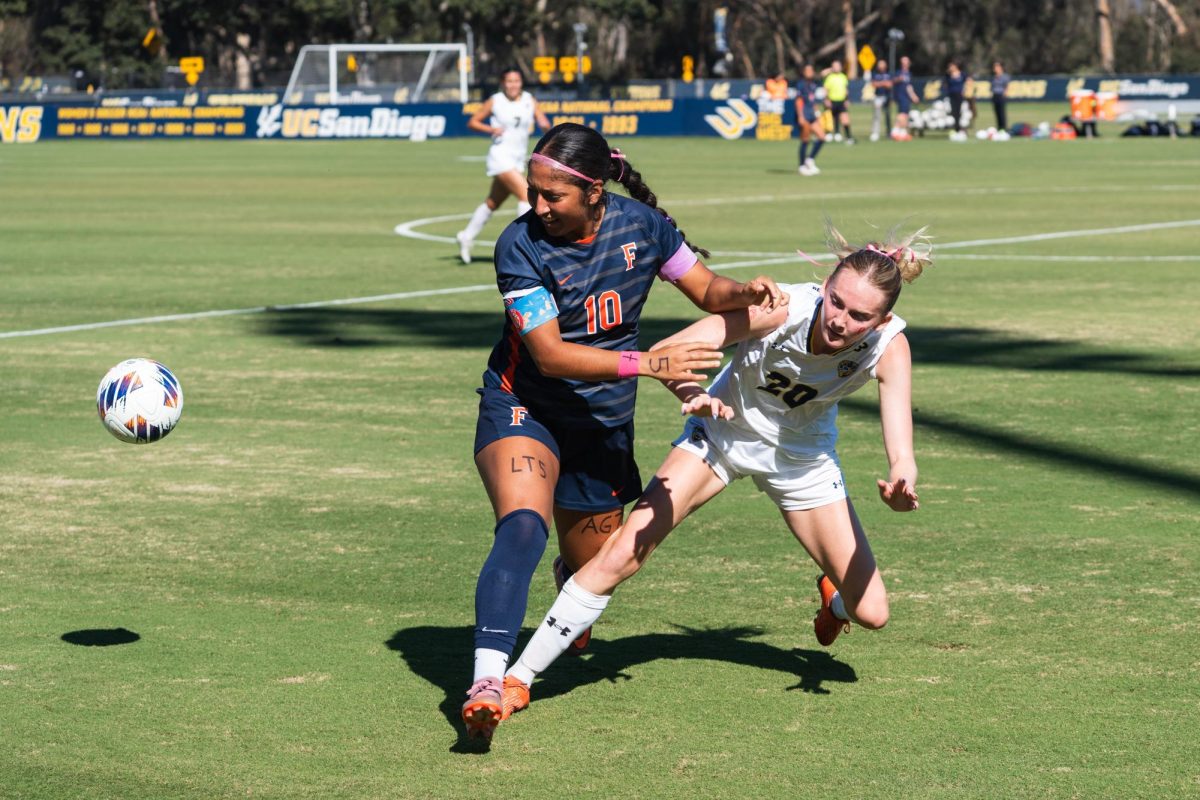Sports, in its simplest form, is entertainment. Fans of sports teams aren’t so different from fans of other art forms — for nine innings, four quarters, three periods, or two halves, we experience a range of emotions, from the rare highs of elation to the far more common lows of misery. Yet, unlike a movie script or a lyric sheet, a box score is not prewritten. No matter how two teams match up on paper, anything can happen once the ball is in play. Or at least, that’s the idea.
On Wednesday, NBA Commissioner Adam Silver called sports gambling a “cardinal sin.” His league has been investigating Toronto Raptors forward Jontay Porter, who allegedly left games early to ensure his three-pointers made prop bet would hit the under. For the sports vernacular layman, Porter was influencing the results of games — a purposeful affront to sports’ vaunted ideals of fairness and merit.
Porter’s story is only the most recent addition to sports’s long history of gambling scandals, a tradition that traces back to the gladiators of Ancient Rome. America’s favorite pastime has seen several of these scandals; fixing games led to lifetime bans for the 1919 Chicago “Black Sox,” while all-time hits leader Pete Rose’s betting habits left him out of the Hall of Fame. Basketball’s gamblers famously include referee Tim Donaghy and (supposedly) five-time MVP Michael Jordan, but point-shaving tarnished college basketball programs across the country for decades. Boxing has also been notoriously corrupt, and soccer follows not far behind.
However, until March, no gambling scandal had implicated a star as important to a sport as Shohei Ohtani is to baseball. Ohtani is a modern-day Babe Ruth, uniting two continents in viewership for an MLB that badly needs the popularity boost. His ten-year, $700 million contract with the Los Angeles Dodgers is not only a byproduct of his unmistakable talent, but also a sign of his endorsement and advertising value. So, when rumors that Ohtani was covering his interpreter’s gambling debts began to spread, baseball faced the biggest calamity to the integrity of its sport in decades.
It turns out that Ohtani was not a co-conspirator but a victim. According to federal prosecutors, Ohtani’s interpreter and friend Ippei Mizuhara had stolen $16 million from Ohtani since 2021 in an attempt to cover over $40 million in gambling losses. Mizuhara also allegedly impersonated Ohtani to his bankers and bought thousands of dollars of merchandise in Ohtani’s name to resell for profit on sites like eBay.
Mizuhara’s betting record — 19,000 wagers between December 2021 and January 2024 — suggests a worrying and deleterious habit. His pattern of fraud — for example, lying about attending or graduating from UC Riverside — suggests a more duplicitous, George Santos-esque personality. It just so happens that Mizuhara’s employer plies his trade in California, where sports gambling is still illegal. His crime was discovered not because Ohtani’s team noticed a ten-figure sum missing from his checking account, but because federal agents were already investigating California’s illicit gambling rings. If Ohtani was a Yankee, Mizuhara might still be trying to recoup his reportedly $182 million worth of gambling losses.
The quick succession of the Ohtani and Porter reports will not be lost on sports leagues. Ironically, American sports have recently embraced the sports gambling industry as both a popularity device and a revenue source. Sports leagues sponsored by DraftKings and FanDuel revile athletes who supposedly tarnish the integrity of their game. Legendary sportscaster Al Michaels was once forced to refer to point spreads in metaphor to avoid detection; today, gambling picks dominate sports programming — even the renowned ESPN news ticker. Several American franchises have opened sportsbooks inside their stadiums and arenas; most that haven’t (yet) have them right outside.
Sports leagues will have to come to terms with their new bedfellows. Gambling was once difficult to find and forbidden to talk about; the internet may have changed the former, but sports executives reversed the latter. Along with Porter and Ohtani, recent gambling scandals include the University of Iowa and Iowa State University football teams, Titans wide receiver Calvin Ridley, golf legend Phil Mickelson, and Premier League stars Ivan Toney and Sandro Tonali. It is clear that the accessibility of sportsbooks has contributed to this rise — athletes, after all, are vulnerable to the same vices as fans.
If all sports were fixed by bookmakers, most fans would probably still watch. A final score is just a number; a “sporting event” is a sequence of awe-inspiring feats performed by our planet’s best athletes. But randomness is essential to the beauty of sports — an integrity threatened by gambling’s newfound acceptance. Jontay Porter and Ippei Mizuhara are major red flags for the future of America’s sports leagues. It is not yet clear whether these warnings will be heeded.



